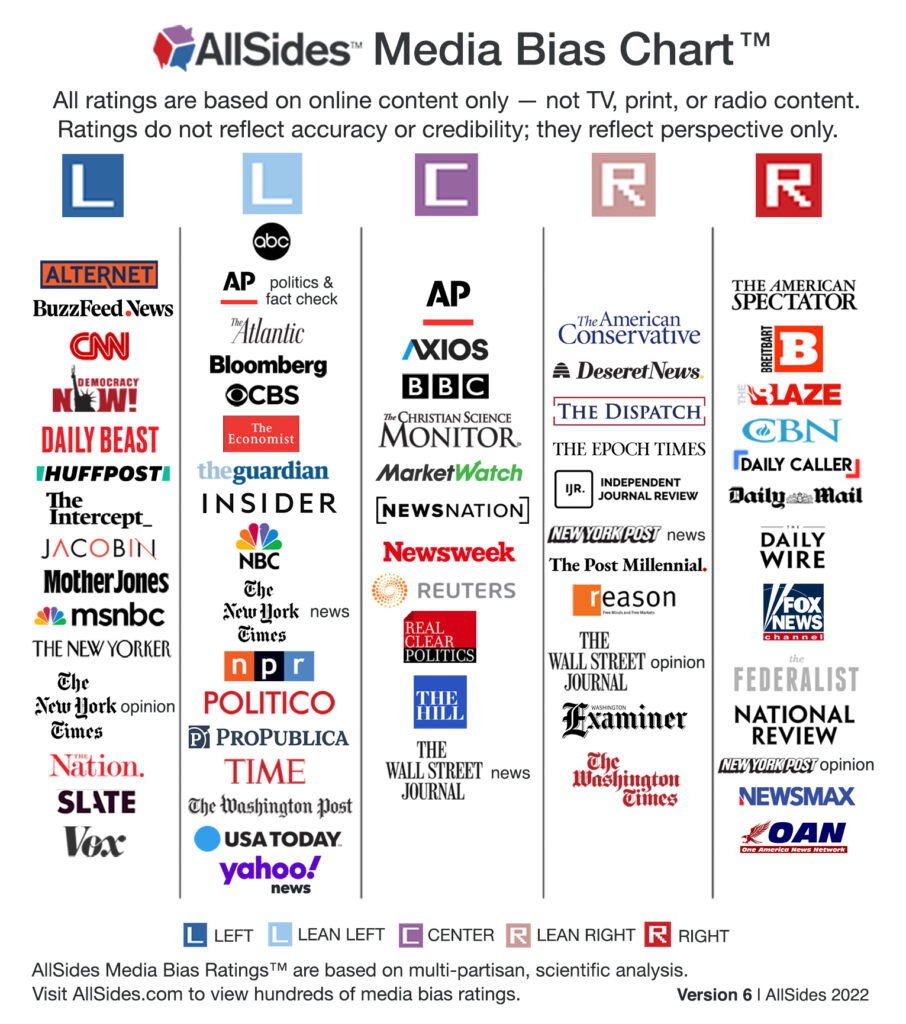To illustrate the main point of today’s post, we could focus on the recent, 94th Academy Awards. But Hollywood seems increasingly less popular and even lesser in touch with the totality of society. Sometimes I think we celebrate the wrong things. This year’s show, no less, got exponentially more attention; granted, it had nothing to do with the movies.
We could also illustrate our main point by focusing on the pair of NCAA final fours: Duke, North Carolina, Kansas and Villanova will grind it out on the gridiron for the men; UConn, Stanford, South Carolina and Louisville will compete for the women’s crown.
That’s the point: a singular crown… society’s passion for a sole victor.
Seven years ago we penned a post that to this day still makes me smile. It’s simply a sweet way God works when the wisdom comes from the mouth of a babe. We think we know so much; sometimes the “babes” know more… and we can actually see it/learn from it/grow if we are humble and willing enough to learn.
The Intramuralist then focused on our need to always “pick one” — emphasis on the one. We make everything a competition… from TIME’s “Person of the Year” to People’s “Sexiest Man Alive” to “Best New Artist,” “Best Picture,” “Best Actress” and “Best Actor” — the latter to whom there’s little need to pay more attention to at the moment.
The point is that we crave picking one.
I’m simply not sure that’s always necessary or wisest. I’m also not alone in that thinking.
Hence, in illustrating the main point of today’s post, allow me to share a bit of a common pastime. According to the American Gaming Association, roughly 70 million NCAA Tournament brackets are filled out each year. A majority of us submit more than one, with it estimated that some 40 million Americans take part in this process. Our family is no different. Seven years ago, my “babe” taught me more…
I was keenly struck by something I found wadded up. This sheet was crumpled in the corner in one of my son’s upstairs bedrooms (…I know… shocking that I would find anything on the floor of a teenager’s room…).
Yet when I slowly unfurled this crumpled sheet, I found a goldmine of wisdom. Here, roughly designed with undoubtedly valiant efforts at perceived symmetry, was a bracket created by my 13 year old, sports fan son with special needs.
He did not use a pre-printed bracket, however; he crafted his own.
On both the left and the right, he drew slots for 16 teams, thus including 32 entries. But this bracket had a different title up top. It said nothing about the Men’s NCAA Tournament Championship. Instead, boldly printed on the top of the page was:
“BRACKIT FOR BEST MAN AND TEAM”
Then down the sides of the page, I sat still as I read the names.
There I would find the listings of my son’s father…
… and his brothers…
… some aunts, uncles, grandparents, and cousins, too.
I did chuckle at one point — realizing Josh must have ran out of names to write — when added to his most creative “brackit” were LeBron James, the University of Florida, and Zipper, our cat. But I loved and absolutely admired his precious list.
My only pondering was why he never completed the bracket — why it was instead crumpled up and discarded to his floor.
So I soon found my sweet son and asked him, “Tell me. Why no best man and team?”
To which my wise son instantly responded. The babe didn’t miss a beat. He said, “There are lots of good teams. It doesn’t matter. Winning and losing are the same… if you win, you’re awesome; if you lose, you’re still awesome.”
No one had to win.
Out of the mouth of babes… oft they are wiser than we…
Respectfully…
AR

